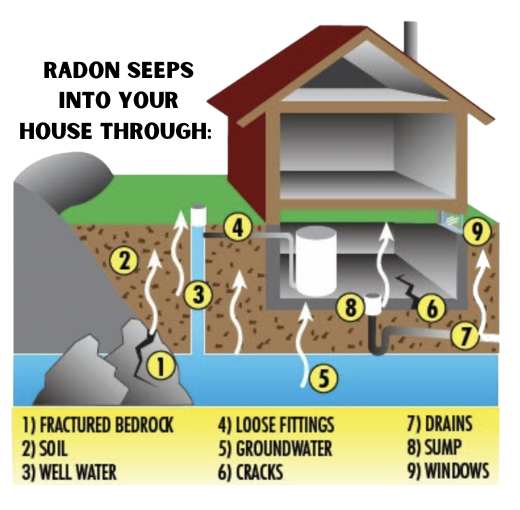
Radon and Carbon Monoxide
Radon
Radon is naturally occurring radioactive gas that can seep into homes through the foundation. Radon is odorless, tasteless and colorless. Radon is the leading cause of lung cancer among non-smokers and the second leading cause of lung cancer among smokers. The only way to know if your home has high levels of radon is to test.
The goal of the Langlade County Health Department is to ensure that residents are aware of the risk of radon exposure in their homes and that community members have access to radon resources and test kits.
Langlade County Health Department has short-term radon test kits that are available for a $10 fee to residents in the county in order to assist them in determining the radon level of their homes. Kits can be picked up at the Langlade County Health Department Monday-Friday from 8:30am-4:30pm. Kits can also be mailed for a $3 shipping fee.
Carbon Monoxide
Carbon monoxide is a gas that can't be seen or smelled. Carbon monoxide is producted when fuels like gas, kerosene, propane or wood are burned.
Safety Tips:
Make sure you have a working carbon monoxide detector.
Have your furnace or wood-burning stove inspected annually.
Never run a gasoline or propane heater or grill inside your home or garage.
Generators should be run at least 20 feet from your home or garage.
Never run a car in an enclosed space.
If you see anyone experiencing these symptoms, move them to fresh air and call 911.
Shortness of breath
Headache
Impaired Coordination
Nausea/Vomiting
Dizziness
Loss of Consciousness



